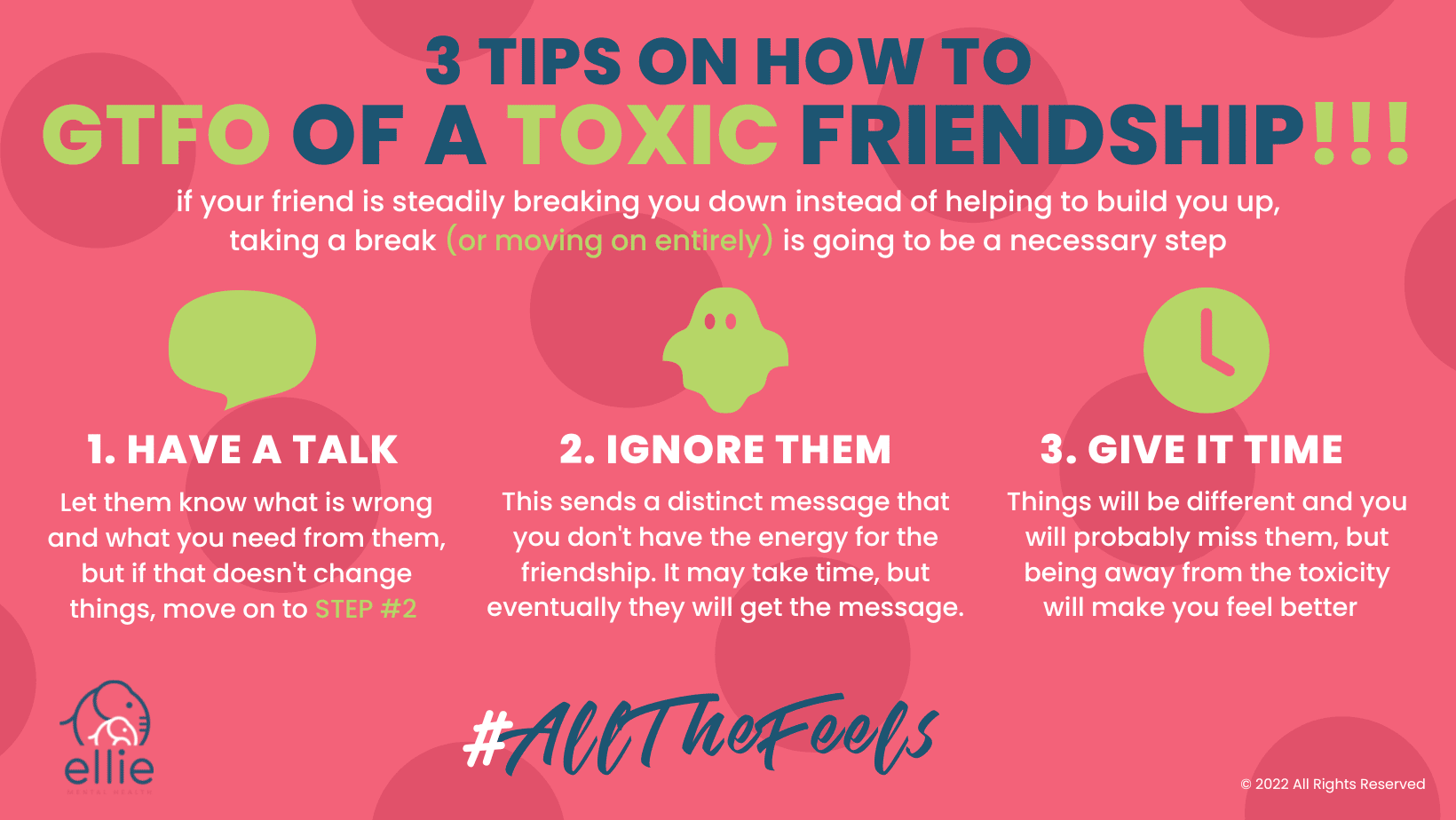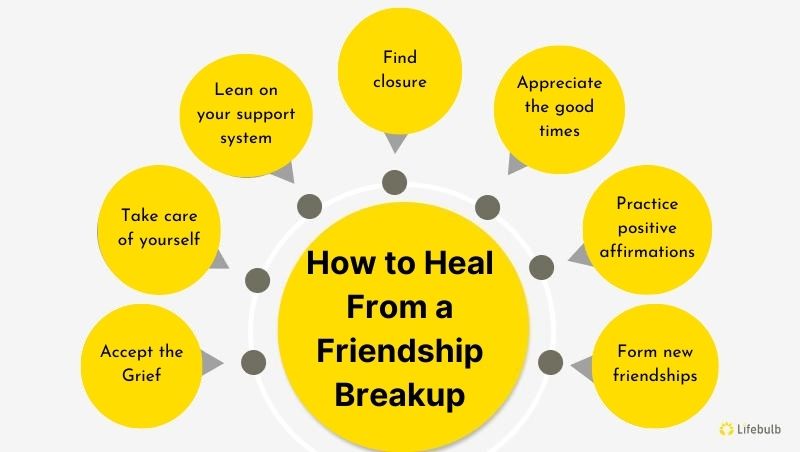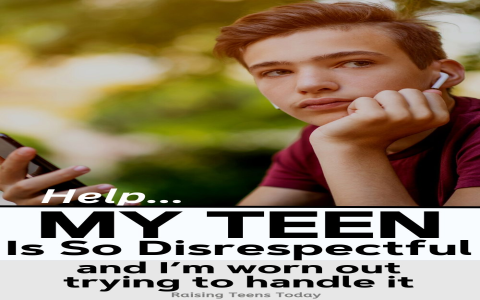Last week, I totally messed up with my buddy Dave over basketball trash talk gone wrong. We were playing NBA 2K at his place, and I kept saying stuff like “You shoot like my grandma” and “This is why your ex left you” just to joke around. But man, his face got darker every time I opened my mouth.

The Awkward Moment
After I scored the winning point and yelled “Eat that loser!”, Dave just shut off the console mid-game. Threw his controller on the couch and walked out without saying anything. Texted me later: “Not cool. Need space.” Felt like someone punched my gut.
Figuring Out the Damage
Next morning, I replayed everything in my head while chugging coffee. Realized three big things:
First, nasty comments stack up like dirty dishes – one joke might slide, but ten create a pile of resentment.
Second, when he missed that easy shot and I laughed “Hands of stone!”, his flinch wasn’t about the game.
Third, my “just joking” excuse was total BS – if it hurts, it’s not funny.

The Repair Attempt
Didn’t text back immediately. Gave him two days, then showed up at his door with his favorite buffalo wings. Said straight up: “My mouth wrote checks my character couldn’t cash.” Admitted I’d been dumping my bad work week on him through “jokes.” Important part? I didn’t say “sorry you got offended.” Said “sorry I chose to be offensive.” Big difference.
What Actually Worked
He let me in after five silent minutes that felt like hours. We agreed on new rules:
- Zero tolerance for personal digs even during games
- When someone says “ouch,” talking stops immediately
- Monthly friend check-ins over beers (no controllers in hand)
Took three weeks before our usual groove came back.
Learned this hard way: Nasty talk works like termites – eats the foundation while you’re admiring the wallpaper. Real repair starts when you stop making excuses for the damage you caused.










